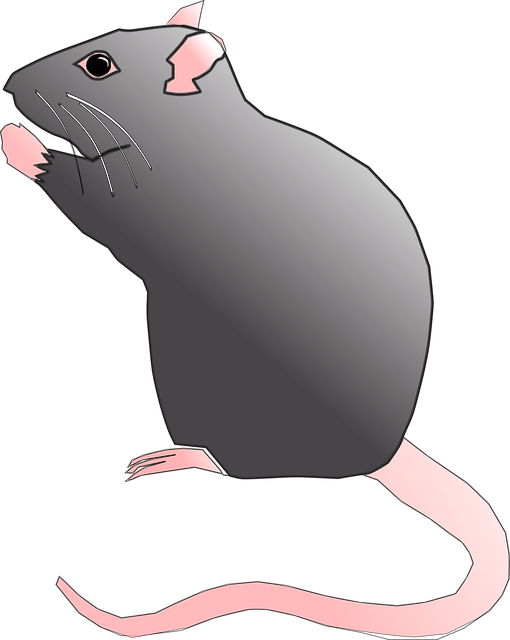Eco-friendly pest extermination offers a modern, safe solution for controlling pests using natural methods like plant-based insecticides, heat treatment, and biological control. It minimizes harm to pets, children, and beneficial insects while targeting termites, rodents, and insects that disrupt ecosystems. Popular green tactics include essential oils, beneficial insects, copper mesh, and diatomaceous earth. Professional pest exterminators use innovative methods like biological control and habitat modification for effective, non-toxic solutions. Choosing an eco-conscious service reduces environmental pollution and promotes biodiversity preservation through integrated pest management (IPM). The future looks promising with growing demand for sustainable practices and advancements in smart technology.
In an era of heightened environmental awareness, eco-friendly extermination is transforming the pest control industry. This green approach, focused on minimizing ecological impact, is crucial as traditional methods pose risks to both health and nature. Understanding eco-friendly extermination involves exploring natural solutions, non-toxic pesticides, and biological controls that safely target pests. As consumers demand sustainable practices, professional pest exterminators are adopting these methods, offering effective protection while preserving ecosystems. This article delves into the various facets of this innovative and responsible approach to pest management.
Understanding Eco-Friendly Extermination: A Green Approach
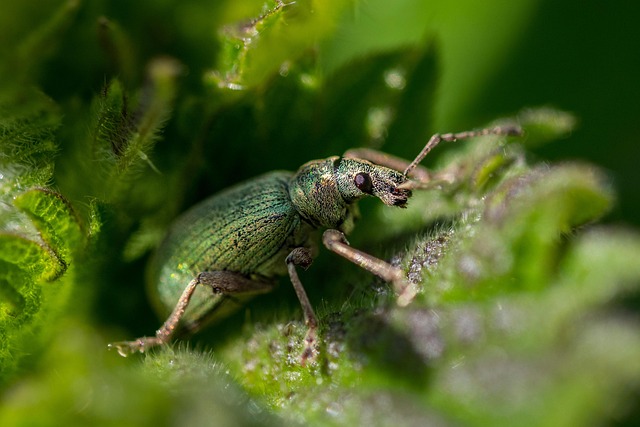
Eco-friendly extermination is a modern approach that prioritizes the safety of both your home and the environment when dealing with pests. Unlike traditional methods that rely heavily on toxic chemicals, this green alternative employs safer, more natural solutions to rid your space of unwanted intruders. By choosing an eco-conscious pest exterminator, you’re opting for a service that minimizes harm to non-target organisms, including pets, children, and beneficial insects like bees and butterflies.
This innovative approach leverages environmentally friendly products, advanced technologies, and tailored strategies to target pests effectively. Instead of blanket applications of harsh chemicals, eco-friendly exterminators focus on specific treatments, minimizing over-application and potential contamination. They may use plant-based insecticides, heat treatment, or even biological control methods like introducing natural predators to eliminate pest populations, ensuring a healthier living environment for all.
The Need for Environmentally Conscious Pest Control
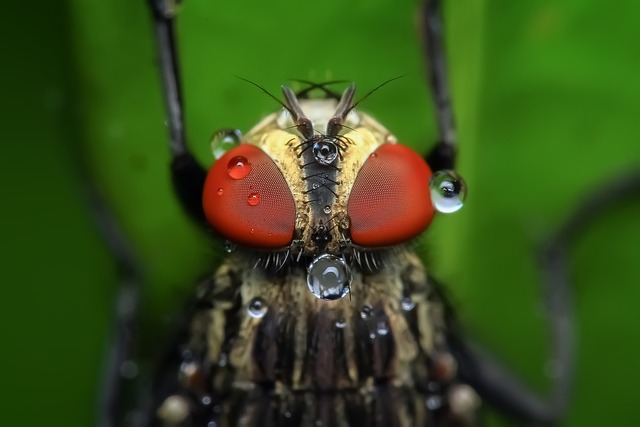
In today’s world, where environmental consciousness is at an all-time high, there is a growing need for eco-friendly extermination methods. Traditional pest control practices often rely on toxic chemicals that can have detrimental effects on both the target pests and the surrounding ecosystem. This has led to a shift in the industry towards more sustainable solutions. As consumers become more aware of these issues, they demand safer alternatives from professional pest exterminators.
Eco-conscious pest management offers a responsible approach by utilizing natural predators, biological agents, and innovative technologies. These methods not only minimize environmental impact but also promote a healthier balance between pests and their control. By embracing eco-friendly practices, pest exterminators can contribute to a greener world while effectively managing infestations, ensuring the well-being of both homes and the planet.
Common Pests and Their Impact on Ecosystems
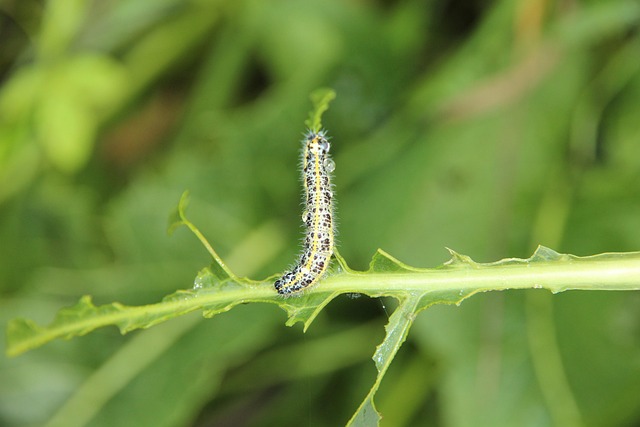
Pests, such as termites, rodents, and insects, can have devastating effects on ecosystems when left unchecked by a pest exterminator. These organisms disrupt natural balances by feeding on native plants, damaging structures, and even contributing to the spread of diseases. For instance, termites not only cause structural damage but also play a role in soil erosion and nutrient depletion, impacting nearby plant life and wildlife habitats.
Rodents, another common pest, can devastate local food sources through overgrazing and contamination. They are known carriers of various diseases that can affect both animals and humans. Effective eco-friendly extermination methods aim to control these pests without causing further harm to the environment, ensuring a healthier ecosystem for all its inhabitants.
Natural Remedies and Non-Toxic Pesticides
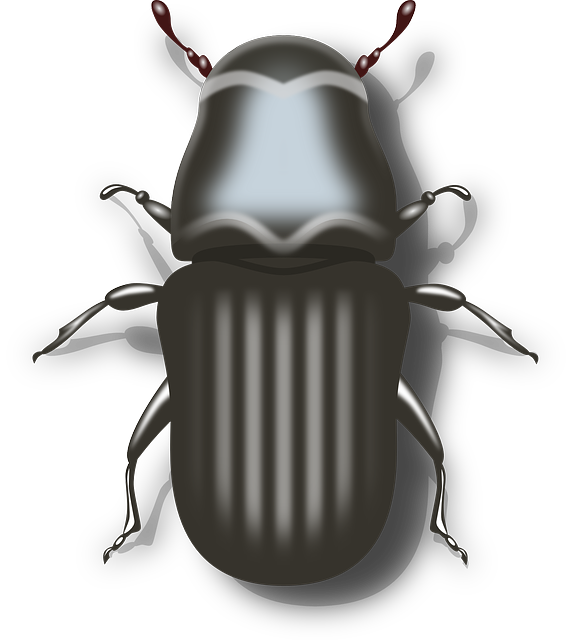
Pest control doesn’t have to come at the cost of environmental harm. Many homeowners and businesses are turning to natural remedies and non-toxic pesticides as a more eco-friendly alternative to traditional methods. These options often utilise essential oils, plant extracts, and other naturally occurring compounds that target pests effectively while minimising the impact on beneficial insects, birds, and water sources.
One popular example is using neem oil, derived from the neem tree, which repels a wide range of pests due to its insecticidal and fungicidal properties. Another common method involves introducing natural predators like ladybugs or lacewings to target specific pest species. These organic solutions not only reduce environmental pollution but also promote biodiversity by encouraging the presence of beneficial organisms, making them an appealing choice for those seeking sustainable and non-toxic pest extermination methods with the help of a professional pest exterminator.
Integrating Biological Control in Pest Management
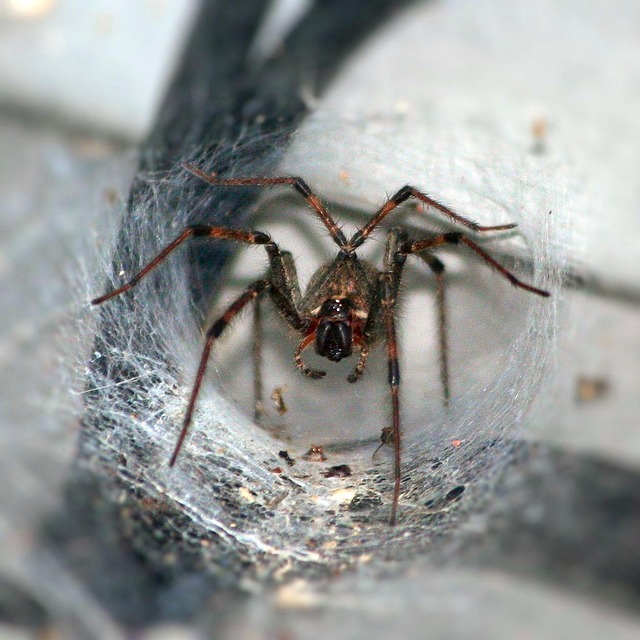
Biological control is a powerful tool in the arsenal of any eco-conscious pest exterminator. Instead of relying solely on synthetic chemicals, integrating natural predators and parasites into pest management strategies offers a more sustainable approach to controlling harmful insects and rodents. This method leverages the intricate relationships within ecosystems, where beneficial organisms can effectively manage pest populations while minimizing environmental impact.
By introducing or promoting natural enemies like ladybugs, spiders, and certain wasp species, biological control provides a safe and effective alternative to traditional extermination methods. These biological agents target specific pests without harming non-target organisms or contaminating the surrounding environment with toxic residues. This approach not only reduces the ecological footprint of pest control but also fosters a balanced ecosystem where natural predators play their vital role in keeping pest populations in check.
Safe and Effective Methods for Homeowners
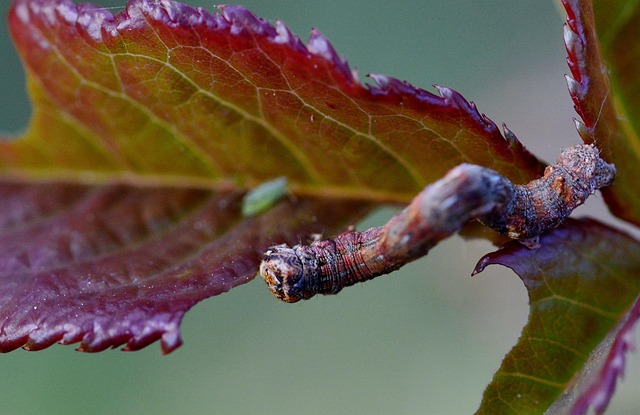
Many homeowners are turning to eco-friendly extermination methods, preferring safe and effective solutions for pest control. Instead of relying on harsh chemicals, there are numerous natural alternatives that can eliminate pests while minimizing environmental impact. One popular method involves using essential oils, such as peppermint or citronella, which have insect-repelling properties. These natural compounds can be mixed with water and sprayed around the home to deter ants, spiders, and other common pests.
Another safe and effective approach is introducing beneficial insects like ladybugs or lacewings into your environment. These insects feed on garden pests, helping to control their population without resorting to toxic chemicals. Additionally, using organic barriers, such as copper mesh or natural repellents like diatomaceous earth, can help prevent pest entry. By combining these eco-friendly tactics, homeowners can achieve a balanced ecosystem within their homes and gardens while ensuring the well-being of their families and pets, without compromising on effective pest extermination.
Professional Eco-Friendly Extermination Services
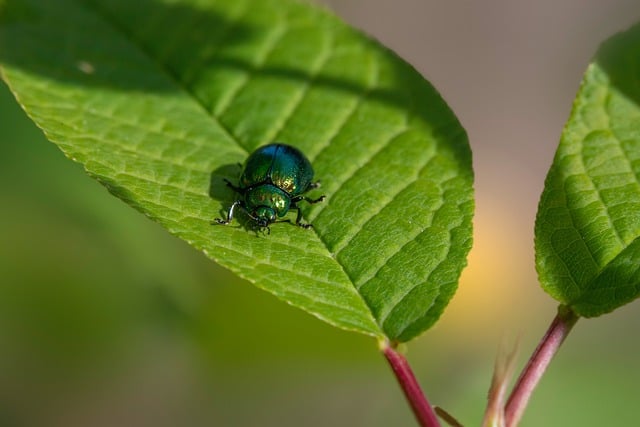
Many modern homeowners are turning to professional eco-friendly extermination services to manage pest problems while minimising their environmental impact. These services offer a sustainable and safe alternative to traditional chemical-heavy pest control, appealing to those who prioritize both indoor comfort and outdoor ecological preservation. Eco-conscious exterminators utilise innovative techniques such as biological control, habitat modification, and plant-based repellents to target pests effectively.
Unlike conventional pest exterminators, eco-friendly professionals are trained in identifying the root causes of pest infestations and employing non-toxic solutions. They tailor their services to specific species and habitats, ensuring minimal disruption to non-target organisms and the overall ecosystem. With a focus on long-term prevention, these specialists empower homeowners with knowledge about pest behaviour and environmental considerations, fostering a healthier and more balanced living environment.
Benefits for Health and the Environment
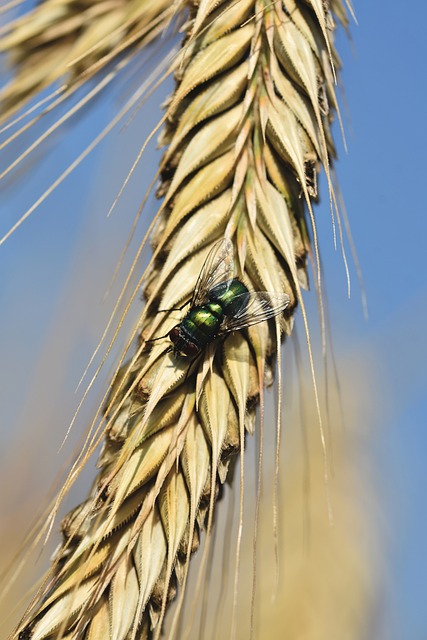
Choosing an eco-friendly pest exterminator offers numerous benefits for both health and the environment. Traditional extermination methods often rely on toxic chemicals that can pose risks to human well-being, especially in homes with children or pets. These chemicals can linger in the air, on surfaces, and in the soil, potentially leading to long-term exposure and health issues. In contrast, eco-friendly pest control services utilise natural, non-toxic solutions derived from plants and other organic sources. These methods are safer for families, workers, and local ecosystems, minimising the risk of adverse effects.
By opting for green pest management, you contribute to a healthier environment. Many conventional pesticides contain persistent organic pollutants (POPs) that can contaminate water bodies and accumulate in the food chain. In contrast, eco-friendly exterminators employ methods like integrated pest management (IPM), which focuses on prevention, habitat manipulation, biological control, and minimal use of chemical interventions. This holistic approach helps preserve biodiversity, protect non-target species, and reduce environmental pollution, ensuring a safer and more sustainable living space for all.
Future Trends in Sustainable Pest Exterminations
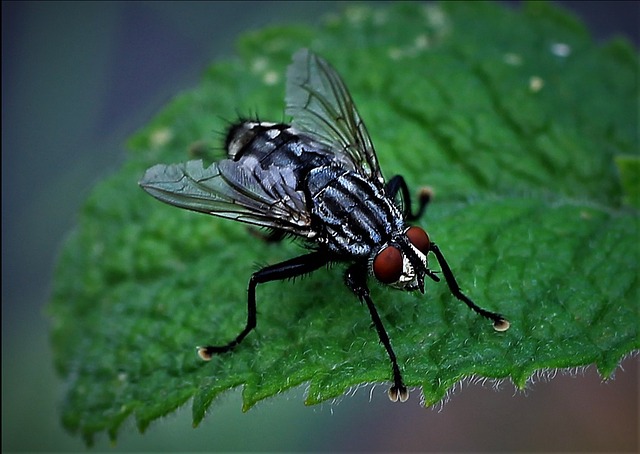
The future of eco-friendly pest extermination is bright, with innovative solutions and technologies emerging to meet the growing demand for sustainable practices. One prominent trend is the increased use of natural, non-toxic chemicals and biological controls, such as beneficial insects and plant-based repellents, which offer effective yet gentle alternatives to traditional pesticides. These methods not only reduce environmental impact but also minimize health risks associated with toxic substances.
Additionally, integration of smart technology, like sensors and AI-powered monitoring systems, is revolutionizing pest management. These tools enable precise identification and targeted treatment of infestations, reducing the need for excessive chemical use. As consumers become more conscious of their ecological footprint, demand for services that align with these trends will continue to rise, driving further development and adoption of sustainable practices among reputable pest exterminators.
